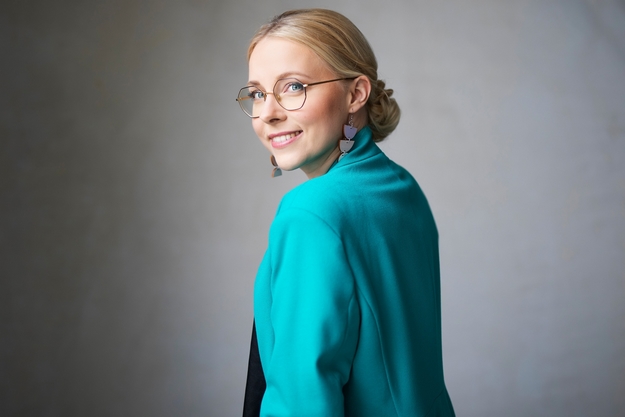The Association for the Advancement of Baltic Studies is pleased to announce that Jānis Juzefovičs, Maarja Merivoo-Parro, Charles Perrin, and David Trimbach have been awarded the 2021–2022 Research Grants for Emerging Scholars.
The research grants of up to $6,000 support early-career scholars in any field of Baltic Studies.
Proposals are evaluated according to the scholarly potential of the applicant and the quality and scholarly importance of the proposed work, especially to the development of Baltic Studies. Funds may be used for travel, duplication, materials, equipment, or other needs as specified.
The 2021 applications were evaluated by the AABS 2021-2022 Grants and Awards Committee consisting of AABS VP for Professional Development Dr. Ineta Dabašinskienė, AABS President Dr. Daunis Auers, and AABS Director-at-Large Dr. Andres Kasekamp.
Spontaneous Finnish Humanitarian Aid as Catalyst for Independent Estonia: From a Personal Touch to the Success of a Nation
Maarja Merivoo-Parro, Baltic Heritage Network
The last five years of Soviet rule marked by perestroika and glasnost enabled Estonians not only to communicate their dissent, but also to build relationships with people on the other side of the Iron curtain.
One of the first types of contacts to start popping up were those with neighboring Finns.
Spontaneous unofficial person-to-person networks sprung into action delivering food, medicine, clothes, toys, and technology to Estonia.
This gave people a “taste of freedom” in a very direct way. It not only helped to kindle the fire of pro-independence movements, but also provided a great starting position for the budding country and might account for some of the surprising success it has had during subsequent decades.
Finnish humanitarian aid to Estonians during the re-independence era is among some of the most basic narratives in Estonia, but there is hardly anything researched or written about it.
More than thirty years have passed since the first contact was made and some of the women and men in the front lines of this “diplomacy of the people” have begun to fade away.
This project aims to zoom in on two localities at the heart of the exchange to create the foundation for a book manuscript.
















